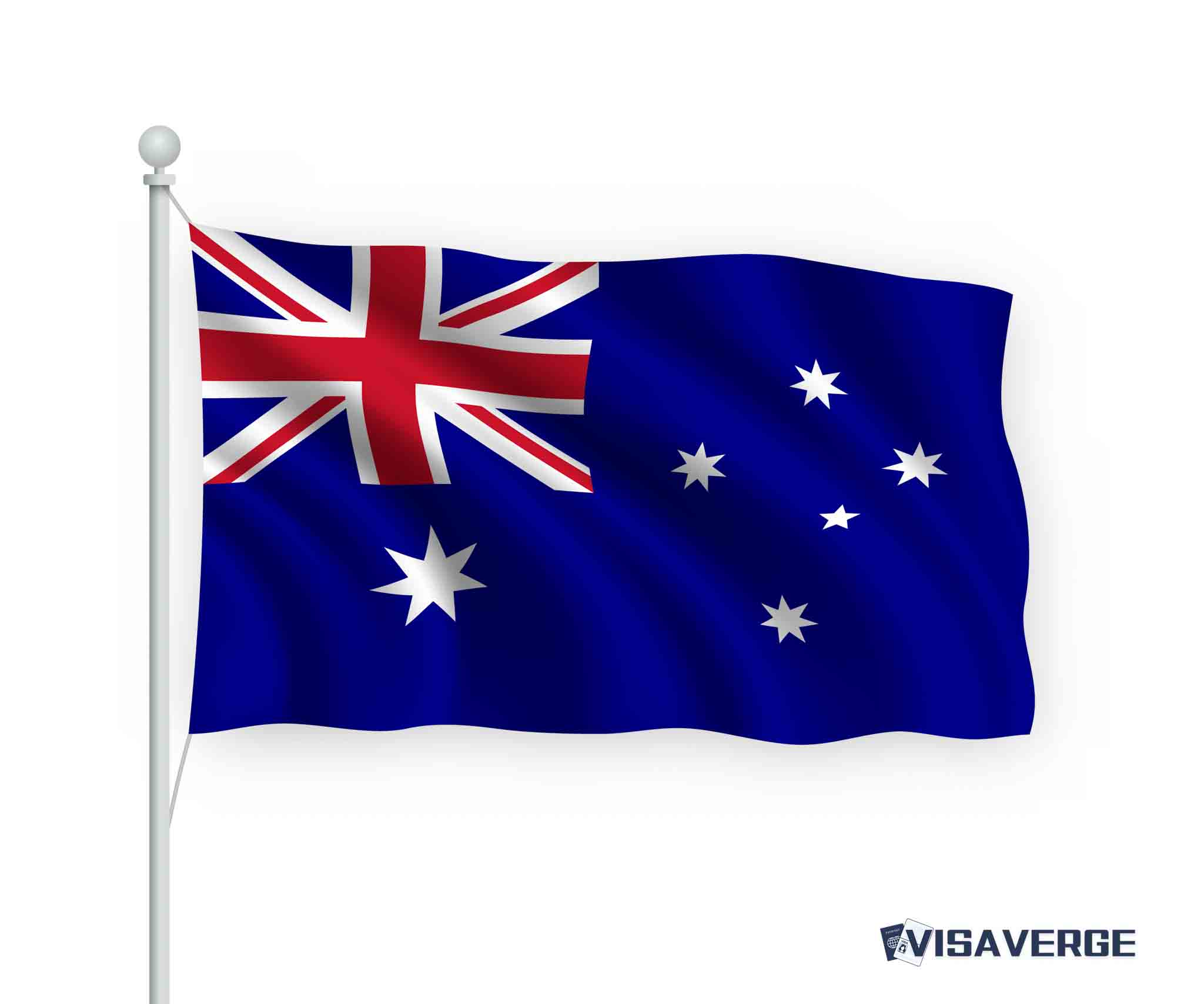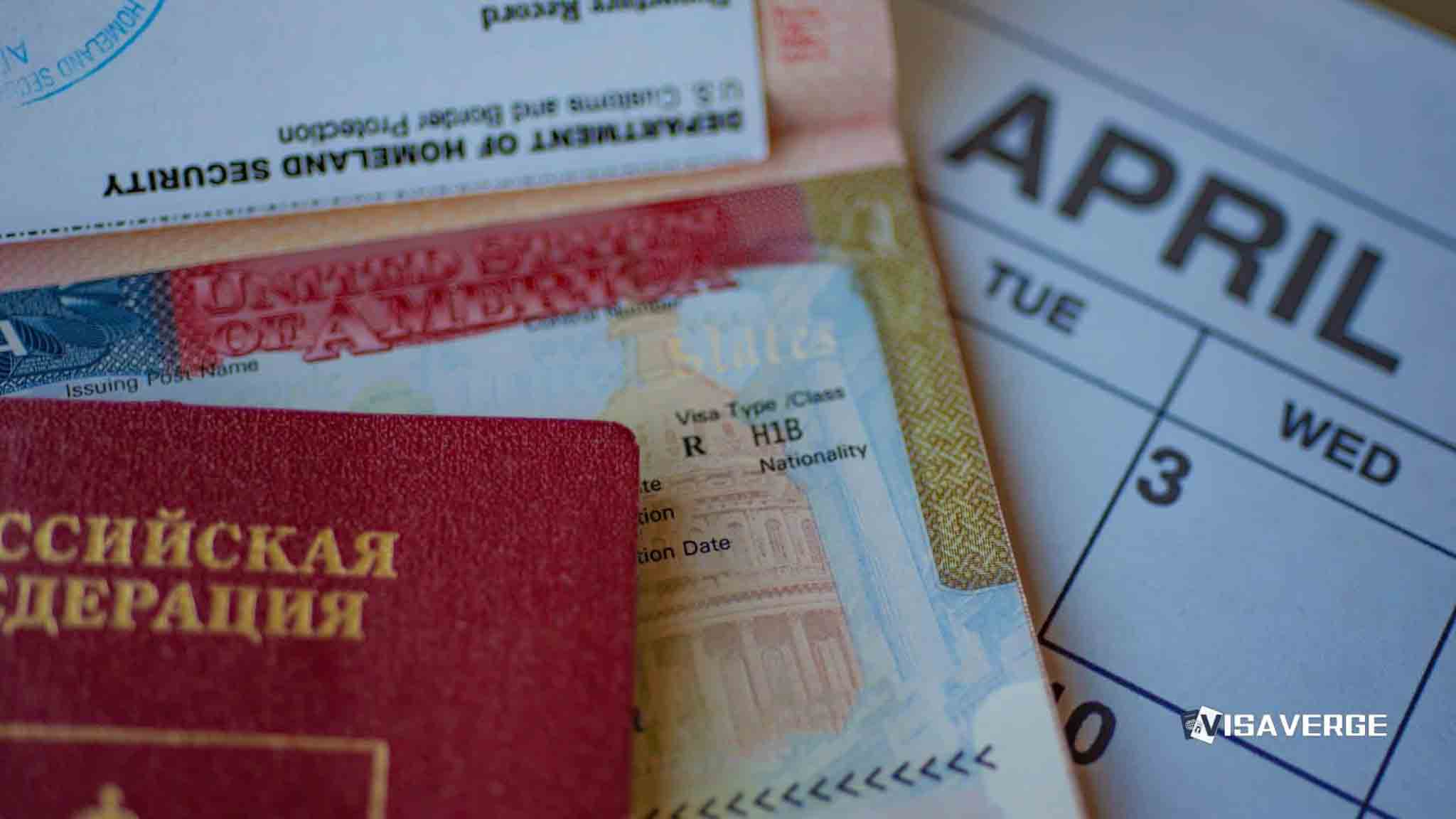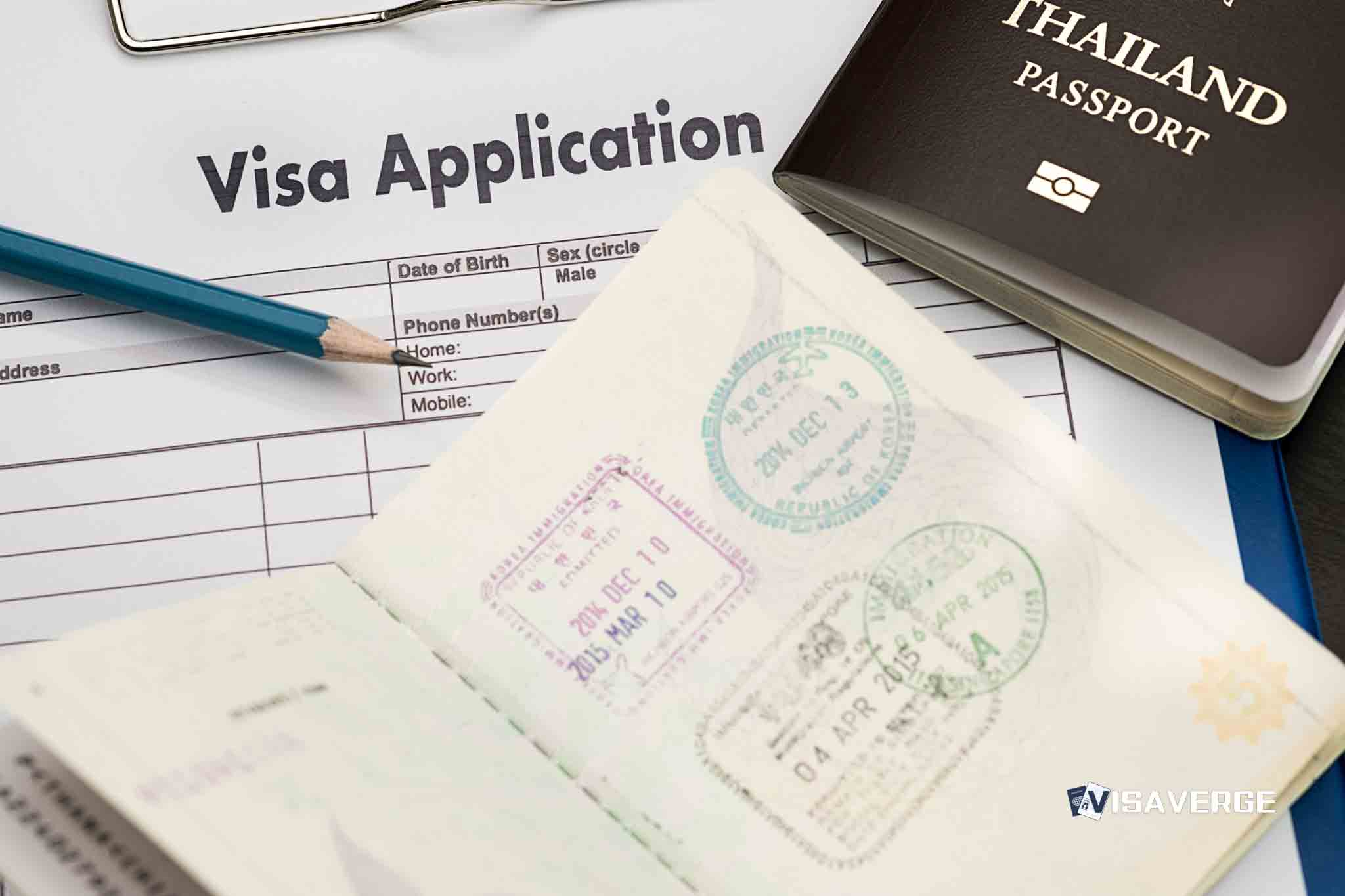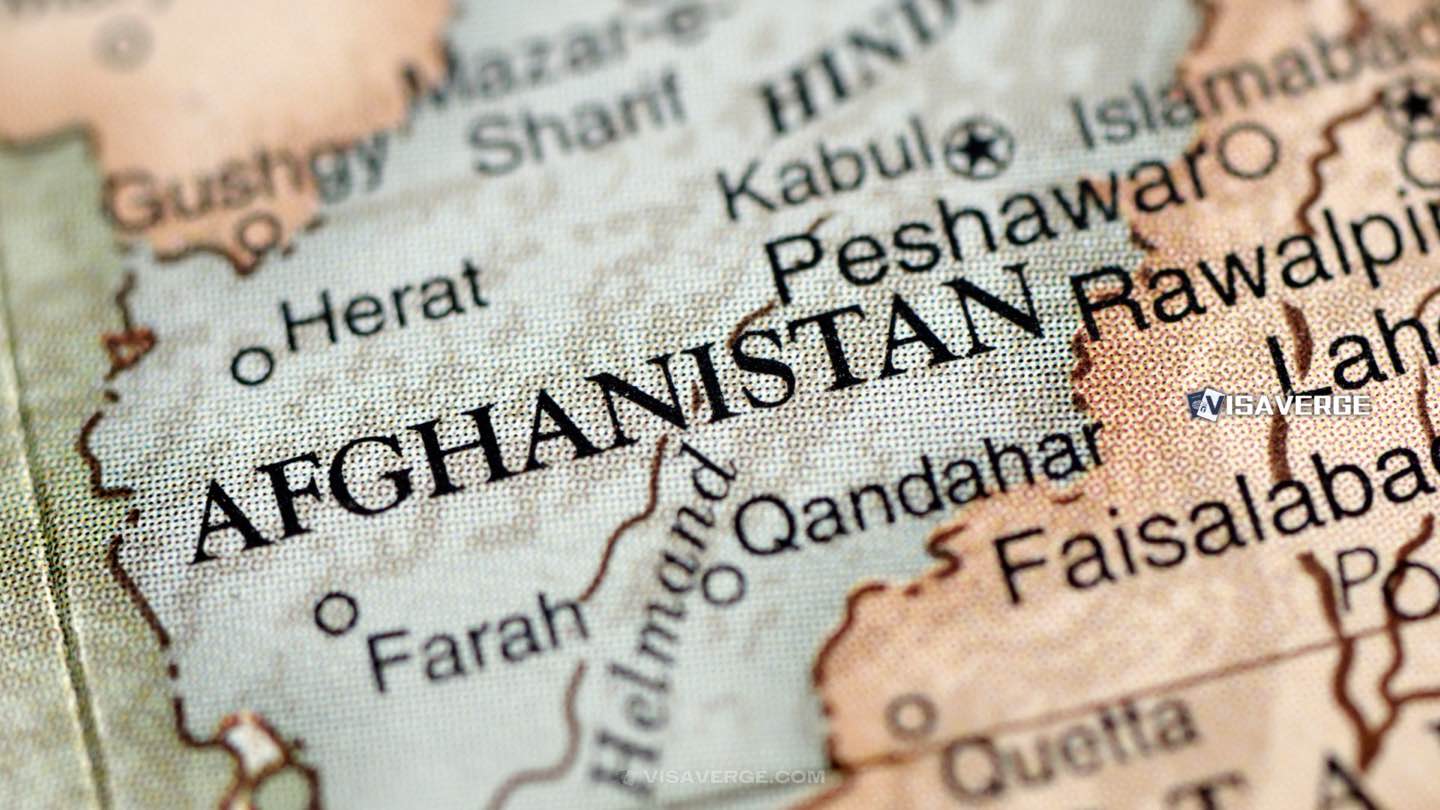Key Takeaways
- Sponsor details are vital for Australian visas, providing financial, emotional, and logistical support, ensuring visa compliance and accountability.
- Sponsors must meet specific legal obligations, demonstrate financial stability, and provide accurate, verified documentation to support visa applicants.
- Errors or misuse in sponsor details can cause delays, application refusals, or legal consequences, emphasizing accuracy in sponsorship documentation.
The sponsor’s information is a critical feature of certain categories of Australian visas 🇦🇺. This detail largely revolves around ensuring that the individual traveling to or staying in Australia has adequate financial, emotional, or logistical support during their time in the country. Whether you are applying for a visa to visit a family member, work, or even to migrate permanently, the role of a sponsor and the accuracy of the sponsor’s details are fundamental components of assessing your application.
What Does Being a Sponsor Mean?

A sponsor is often someone who takes responsibility for supporting you throughout your stay in Australia. This includes commitments such as ensuring you have financial resources, access to accommodation, and abiding by Australian laws. Depending on the visa type, the sponsor could be an employer, a family member, or sometimes even a friend, provided they meet specific legal criteria. The Australian Department of Home Affairs requires sponsors to meet several obligations. This is to help protect Australia’s community, economy, and social systems, while also ensuring the visa applicant is properly managed upon their entry.
In practical terms, the sponsor’s information provides Australian immigration officials with assurances about your ability to live or work in the country without breaching visa conditions. For instance, sponsors can confirm you’ll have housing or financial aid, which eliminates risks such as overstaying your visa or financial dependence on government systems.
Why Does My Australian Visa Include Sponsor Details?
Having the sponsor’s information printed or otherwise linked to your visa serves several legal, administrative, and logistical purposes. Below are the primary reasons:
- To Confirm Obligations Have Been Met
A sponsor’s information ensures that all sponsorship obligations under Australian law are met. For instance, in visas like the Skilled Employer Sponsored Regional visa (Subclass 494) or the Temporary Skilled Shortage visa (Subclass 482), an employer serves as the sponsor. They must prove their company meets the financial and operational ability to support an overseas worker. If you’re using a family or partner visa where support is guaranteed through a relative, their details provide proof that someone is continuously accountable for your well-being. -
Legal Accountability
The Australian Government keeps a close eye on the conduct of sponsors to prevent exploitation and abuse. By linking the sponsor’s details to your visa, authorities can oversee whether the sponsor fulfills their role properly. This is especially important in work-related visa types. For example, if you’re on a subclass 482 visa sponsored by an employer in Australia, the sponsor must ensure you’re employed in fair conditions and receive the salary promised per Australian labor regulations. Incorrect sponsor-related behavior can not only nullify your visa but also hold sponsors legally responsible. -
Identification
The sponsor’s information on your visa is a reference point for permissions, location, and tracking during your stay in Australia. It helps immigration officials identify the relationship or sponsorship framework under which your visa was approved. Whether border control or other authorities need this information, it allows them to verify key facts quickly and easily. This administrative clarity helps streamline processes such as visa extensions, employer checks, or verifying compliance with conditions outlined in your visa. -
Risk Mitigation
Linking your sponsor to your visa is critical for Australia’s risk management systems. Family sponsors, for instance, need to undergo assessments for past records to ensure they can responsibly manage their obligations. Similarly, work sponsors undergo strict credibility checks. Authorities rely on this detailed documentation to monitor and address cases where sponsors fail to fulfill agreed conditions, thereby ensuring no risks to the broader system.
What Visa Categories Require Sponsor Information?
Not all Australian visas require you to have a sponsor; some focus purely on the applicant’s abilities, achievements, or circumstances. However, many visas are contingent on sponsor details. Below is an outline of popular Australian visa types that involve sponsorship:
- Family-Linked and Partner Visas:
Any spouse or family reunification visa requires accurate sponsor information. This includes visas like the Partner Visa subclasses 820 and 100. The sponsoring family member must commit to ensure financial and accommodation needs are met. -
Employer-Sponsored Visas:
These are particularly common for skilled migrants. These visas, such as the subclass 494 or 482, hinge on employer sponsorship. Sponsors are required to provide details like business registration, financial capabilities, and evidence of a legitimate need to hire someone from overseas. -
Temporary Visas for Visitors:
In cases where someone is traveling to Australia for tourism but under a specific sponsor’s guidance (such as a relative who resides in Australia), their details ensure the person has financial backing and a place to stay.
What Qualifies Someone to Be a Sponsor?
It largely depends on the visa type. However, there is a standard threshold to qualify as a sponsor.
- Permanent Resident or Citizen Status:
Most sponsorships require the individual or entity to either have Australian citizenship 🇦🇺, hold permanent residency, or prove they’re legally established in the country. -
Clear Financial Capability:
Sponsors must demonstrate financial stability appropriate to the terms of the visa. An employer, for instance, needs to clarify they can pay correct wages. Meanwhile, a family sponsor may be asked to show recent earnings, savings, or sufficient housing arrangements. -
No Prior History of Non-Compliance:
If someone has a record of failing to meet sponsor obligations, that can disqualify them. Similarly, individuals with past visa breaches might also become ineligible. -
Proof of Relationship:
For family members or partners sponsoring you, legal proof of the connection must be supplied. Commonly acceptable examples include marriage certificates, cohabitation documents, or birth records for family members.
Mistakes to Avoid with Sponsor Details
Failing to input accurate sponsor details is a common problem for applicants. Such errors can severely delay the processing of your visa or, in worse cases, lead to the refusal of the application. To avoid this, remember:
- Verification is Key: Always double-check the sponsor details before submission. Mistakes such as an incorrect name spelling or misaligned address can create unnecessary complications.
-
Provide Full Documents: Incomplete sponsor documentation is a frequent issue observed in cases involving employers or relatives acting as nominees. Always attach the recommended and mandatory paperwork.
-
Misusing Sponsorships: If authorities detect that sponsorship arrangements are not genuine (e.g., sham marriages for a partner visa), it could lead to visa cancellation and ban your sponsor from future applications.
Can I Change My Sponsor?
Changing your sponsor is sometimes permitted, but only for specific visa types. For instance, applicants on work visas may be allowed to switch employers, but both the new employer and government authorities must formally approve the arrangement. This guarantees accountability to terms initially established. Similarly, switching family members as sponsors on visas like the parent or partner visa is much less common and may require a compelling legal case.
What Are My Responsibilities As the Visa Holder?
While sponsor information ties directly to the sponsor’s obligations, visa holders also have responsibilities. Key among these are abiding by the conditions outlined on your visa, such as staying with the employer on record (if on a work visa) or staying within the areas defined by geographical restrictions. Breaches to these conditions can significantly impact future eligibility for Australian visas.
Official Resources
For further guidance about visas and sponsor requirements, the Australian Department of Home Affairs offers an extensive resource collection. Applicants may visit the department’s official website for up-to-date forms, laws, or other clarifications.
Conclusion
Sponsor details form the backbone of many Australian visas 🇦🇺. Whether it’s a partner helping loved ones reunite or an employer bolstering skilled migration, the information provided serves as both a safeguard and a logistical necessity. For applicants, understanding the role of the sponsor and why these details matter can simplify both the application and processing experience. Equally, sponsors must take their responsibilities seriously, as the success of a visa often relies on their ability to fulfill legal and moral obligations. Remember: Precision in sponsor-related information isn’t just beneficial—it’s essential for visa approval. As VisaVerge.com notes, a seamless and complete approach to sponsorship documentation greatly reduces complications and ensures smoother outcomes in the Australian visa process.
The role of sponsors in Australian visas, explained
Key information about sponsors is crucial for many Australian visa applications, ensuring proper support for individuals entering or staying in the country.
Why it matters: Sponsor details provide assurances to Australian immigration authorities and help prevent abuse, fraud, or overstaying, while ensuring applicants have financial and logistical backing. Missteps in providing sponsor information can lead to visa delays or refusals.
The big picture: Sponsors play a key role in enabling visa applicants to meet visa conditions and maintain compliance during their stay. Depending on the visa type, a sponsor could be an employer, family member, or other eligible individual who must meet specific obligations.
Why do visas require sponsor information?
Australian immigration policies emphasize accountability. Key reasons for requiring sponsor details include:
- Meeting obligations: Sponsors confirm they can support applicants financially or logistically. For example, employer-sponsored work visas like the Subclass 482 require proof of business and financial capacity.
- Legal accountability: Authorities monitor sponsors to prevent exploitation or violations, such as underpayment in employer-sponsored cases.
- Identification and tracking: Linking sponsor details aids the government in verifying relationships and ensuring compliance.
- Risk mitigation: Vetting sponsors helps reduce risks of fraud or misconduct, safeguarding Australia’s immigration system.
What visa types require sponsors?
While some visa categories don’t require sponsorship, many popular Australian visas do, including:
- Family and partner visas: Subclasses 820 and 100 require a family member to commit to financial or housing support.
- Employer-sponsored visas: Skilled worker visas like Subclasses 482 or 494 rely on companies proving sponsorship credibility.
- Visitor visas: Some tourism visas require a relative or friend to sponsor accommodations and financial backing.
Who qualifies as a sponsor?
Sponsors must meet different criteria depending on the visa type, including:
- Status: Most require permanent residency or Australian citizenship.
- Financial stability: Sponsors must show proof of sufficient income or financial resources.
- Compliance history: A clean record of meeting previous sponsor obligations is essential.
- Relationship proof: For family visas, certified documents like marriage or birth certificates are required.
Common mistakes with sponsor details
Errors in sponsor information can cause significant delays or refusals. Avoid these pitfalls:
- Incomplete paperwork: Missing sponsor forms or proof documents can jeopardize applications.
- Misinformation: Errors like misspelled names or incorrect addresses may create complications.
- Fraudulent sponsorships: Sham arrangements, such as fake marriages, risk visa cancellations and legal action.
Can you change your sponsor?
- Work visa holders may change sponsors, but approvals from both the new sponsor and immigration authorities are necessary.
- Family visa sponsor changes are uncommon and require strong legal justification.
What applicants should know: Both sponsors and visa holders bear responsibilities. Noncompliance—such as switching employers without approval or ignoring geographic restrictions—can impact eligibility for future visas.
The bottom line:
Sponsor information is a cornerstone of many Australian visas, ensuring applicants are supported and compliant. For a seamless visa process, both sponsors and applicants must understand their roles, meet legal obligations, and provide accurate documentation.
Learn Today
Sponsor: A person or entity responsible for supporting a visa applicant financially, emotionally, or logistically during their stay.
Subclass 482 Visa: A temporary visa allowing skilled workers to be sponsored by an Australian employer to fill labor shortages.
Partner Visa: A visa allowing spouses or de facto partners of Australian citizens or residents to live in Australia.
Financial Capability: The demonstrated ability of a sponsor to financially support a visa applicant as required by Australian laws.
Non-Compliance: Failure to meet legal obligations or conditions set by immigration authorities, often impacting future sponsorship eligibility.
This Article in a Nutshell
Sponsor information is vital for Australian visas, ensuring support for applicants while protecting national systems. Sponsors, whether employers or relatives, must meet financial, legal, and moral obligations. Accurate sponsor details streamline visa approval, enhance accountability, and mitigate risks. A precise, complete application, backed by a responsible sponsor, significantly boosts success.
— By VisaVerge.com
📚
Related Articles
01
How to Obtain an Open Work Permit for Your Spouse in Canada During Sponsorship Process
→
02
Self-Sponsoring a Work Visa in Australia: Step-by-Step Guide
→
03
How to Secure a Sponsored Work Visa in Australia
→
04
Steps for Employers Sponsoring Work Visas in Australia
→
05
Sponsorship Visa Process in Australia
→













